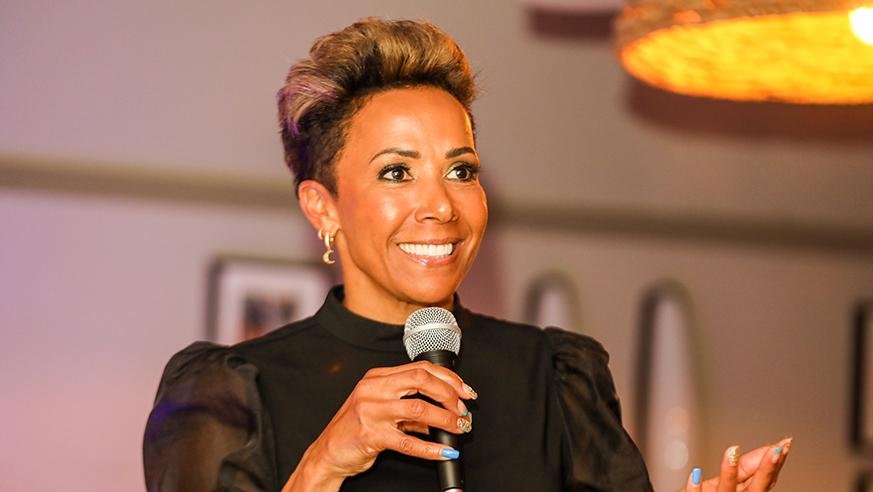The celebrated Olympic athlete shares her personal battle with menopause, detailing physical pain and the journey to reclaim her health through natural remedies and exercise advocacy.
Dame Kelly Holmes, the celebrated British athlete renowned for her double gold medal victory at the 2004 Athens Olympics, has candidly shared her personal battle with the menopause—a journey marked by physical pain and personal growth. Now aged 54, Holmes has transitioned successfully into a career as a health and fitness advocate, television sports commentator, and a panellist on the popular UK show “Loose Women”. Yet, behind the public confidence, she has faced significant challenges with her health.
Three years ago, Holmes began experiencing unexpected physical discomfort that was both alarming and debilitating. “I was getting bad body pains to the point where I couldn’t even do one push-up,” she revealed. For someone who had built a career on physical fitness, this development was both surprising and concerning. The pains initially manifested most acutely in her wrists and later spread through her body, becoming a constant source of discomfort.
In addition to physical pain, Holmes suffered from insomnia, which she later discovered was linked to hormonal changes associated with the menopause, a connection she was initially unaware of. Despite the persistent symptoms, Holmes admitted that she was in a state of denial when it came to accepting that she might be going through the menopause.
After being encouraged to undergo medical testing, Holmes visited a private doctor, where her blood tests showed extremely low levels of oestrogen and testosterone. This revelation led to a suggestion from her medical provider to consider Hormone Replacement Therapy (HRT). However, Holmes hesitated, expressing concerns over introducing elements she did not understand into her body. Although she initially tried HRT, she soon discontinued it, seeking alternative treatments.
Holmes opted for natural supplements, specifically collagen, and noted a significant reduction in her body pain following this change in approach. With the aid of collagen, she found relief from her symptoms and began feeling physically better. As she navigates through this period of her life, Holmes has taken on the mission of raising awareness about the benefits of exercise, particularly weight lifting, citing its importance in combating the muscle loss associated with decreased oestrogen levels.
Reflecting on her experiences, Holmes stresses the value of open dialogue and encourages those facing similar struggles not to hesitate in consulting with healthcare professionals. Through her journey, Holmes seeks to empower women to take agency over their health and well-being during the menopause, highlighting the potential for exercise to play a pivotal role in maintaining physical strength and mental resilience.
Source: Noah Wire Services
Image: Laura Cunlifee (Mint Events)





